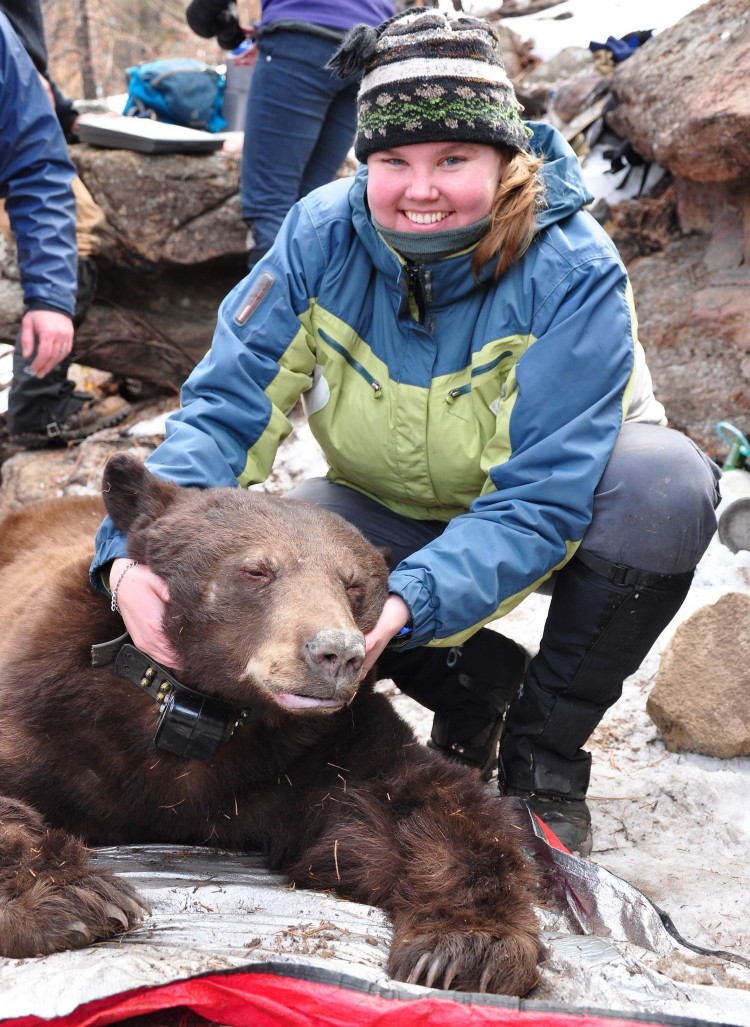LAB ALUMNI
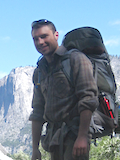 Sean Sultaire M.S. Thesis (2014): Climate change and snowshoe hares
Sean Sultaire M.S. Thesis (2014): Climate change and snowshoe hares
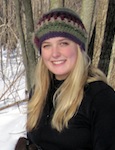 Jenna Carlson Senior Honors Thesis (2014): Potential role of prey in the recovery of American martens to Wisconsin Holstrom Environmental Scholarship Currently a student at the Universidad Complutense de Madrid
Jenna Carlson Senior Honors Thesis (2014): Potential role of prey in the recovery of American martens to Wisconsin Holstrom Environmental Scholarship Currently a student at the Universidad Complutense de Madrid
 Sonia Petty Senior Thesis (2014): The effects of climate change and land cover type on the subnivium, a seasonal refuge beneath the snow. Reid Bryson Scholarship Currently a lab manager in the Pauli Lab
Sonia Petty Senior Thesis (2014): The effects of climate change and land cover type on the subnivium, a seasonal refuge beneath the snow. Reid Bryson Scholarship Currently a lab manager in the Pauli Lab
 John Pokallus M.S. Thesis (2014): Population dynamics of a northern-adapted mammal in response to climate change and an altered predator community Currently a scientist with EcoAdapt in Seattle, WA
John Pokallus M.S. Thesis (2014): Population dynamics of a northern-adapted mammal in response to climate change and an altered predator community Currently a scientist with EcoAdapt in Seattle, WA
 Jorge Mendoza M.S. Thesis (2014): Resource use by two-and three-toed sloths differ in a shade-grown agro-ecosystem.
Jorge Mendoza M.S. Thesis (2014): Resource use by two-and three-toed sloths differ in a shade-grown agro-ecosystem.
 Katrina Brickner Senior Honors Thesis (2013): Exploring black-footed ferret diet specialization in Shirley Basin, Wyoming. Currently DVM candidate at Colorado State University
Katrina Brickner Senior Honors Thesis (2013): Exploring black-footed ferret diet specialization in Shirley Basin, Wyoming. Currently DVM candidate at Colorado State University

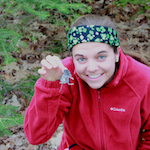
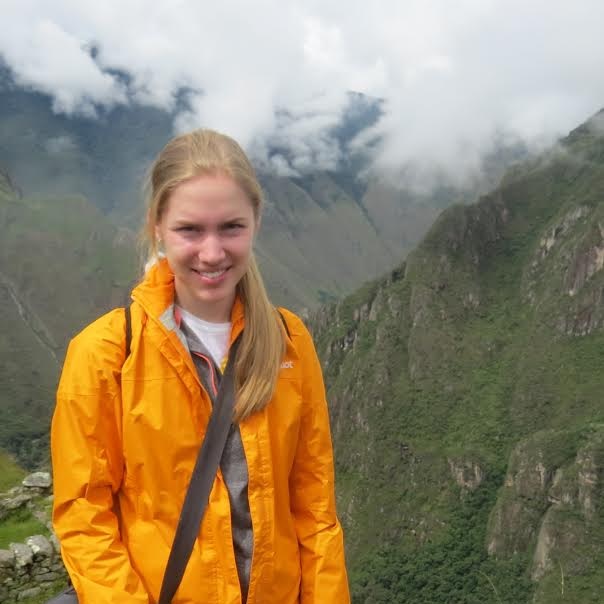
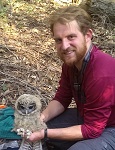


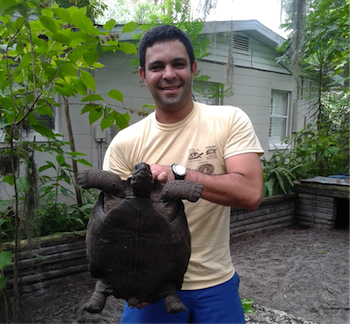 I completed my undergraduate degree in Biology with an emphasis in zoology, and obtained a master’s degree in biological science at the Universidad del Valle in Colombia. Overall, I consider myself to be a field ecologist and have led research on the ecology and natural history of a diversity of terrestrial vertebrates in Colombia. I have three areas of special interest: population ecology of terrestrial vertebrates, especially in threatened species; effects of human perturbation at level of the community and population; and urban ecology. For my
I completed my undergraduate degree in Biology with an emphasis in zoology, and obtained a master’s degree in biological science at the Universidad del Valle in Colombia. Overall, I consider myself to be a field ecologist and have led research on the ecology and natural history of a diversity of terrestrial vertebrates in Colombia. I have three areas of special interest: population ecology of terrestrial vertebrates, especially in threatened species; effects of human perturbation at level of the community and population; and urban ecology. For my 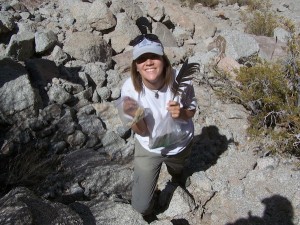
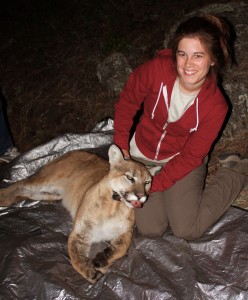
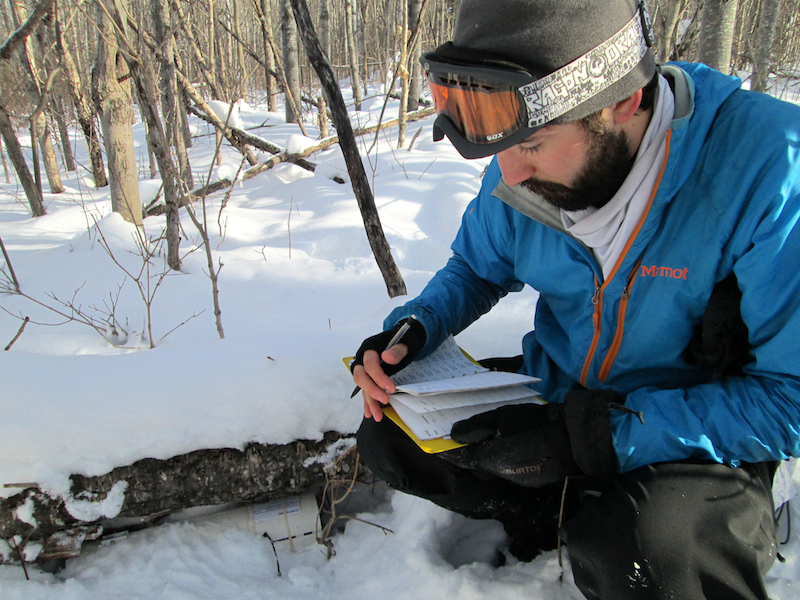
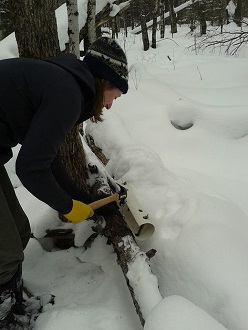 My interests in ecology range from individual behavior and physiological state to the dynamics of populations and communities. I am particularly interested in mammal population interactions and their implications for conservation.
My interests in ecology range from individual behavior and physiological state to the dynamics of populations and communities. I am particularly interested in mammal population interactions and their implications for conservation. 